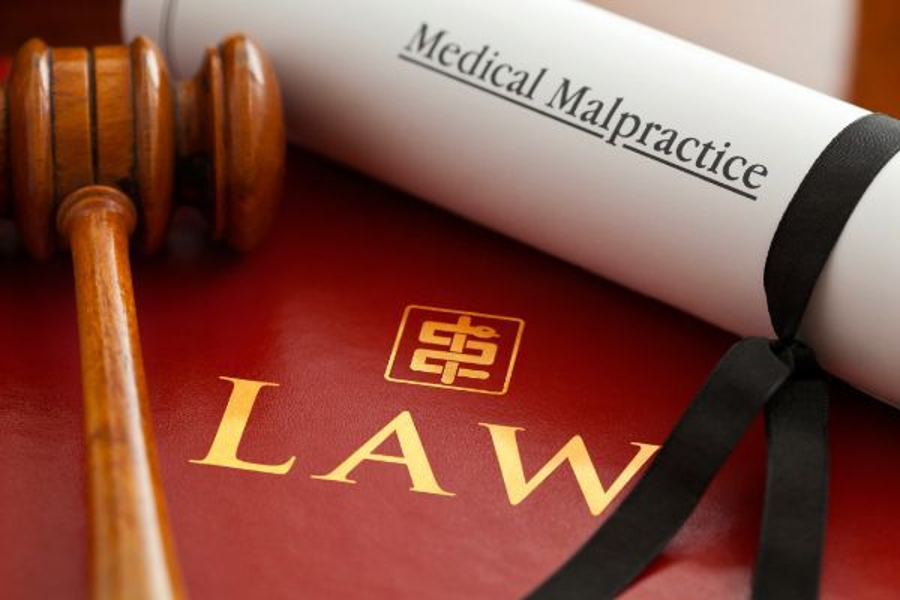Litigating a professional malpractice claim based on a medical mistake or error is not like a trip to traffic court. Such cases are complex because they consider issues related to medicine, law, ethics, and economics. The overall complexity of medical malpractice cases, therefore, requires the involvement of expert witnesses, as well as expert medical malpractice attorneys.
Typically, medical malpractice cases are complicated because they require expert testimony to establish the standard of care applicable to the defendant physician. Such testimony is also required to establish any breach of this standard of care. Further, medical malpractice cases may be costly because of the use of expert witnesses and the amount of evidence that must be gathered, reviewed, and analyzed. Note the use of the word “witness” as plural since a malpractice claim may require more than one expert, thus adding to its exorbitant costs.
A medical malpractice claim requires an expert to prove or rebut the allegations made by the plaintiff in the complaint. What was the standard of care? Did the medical professional adhere to the applicable standard of care in treating the patient? These are important questions for which an “expert“ witness must provide testimony. These are also important questions to which an experienced medical malpractice attorney may help find answers.
To qualify as an expert, the witness must be an individual trained in the practice area that is the subject of the litigation. For example, if the medical care or treatment was provided by a neurosurgeon, then the witness should also be a trained and certified neurosurgeon.
Retaining an expert witness to evaluate a claim is probably the most fundamental and crucial expense of asserting a professional malpractice claim. Many states have carefully outlined requirements for expert witnesses. Some states do not permit a claim to proceed without an expert witness.
The cost of securing an expert witness solely to review a claim may be very expensive to both parties, not just the plaintiff. It is interesting to note that the parties are each seeking an expert witness from the same practice area who must arrive at an opposing conclusion.

